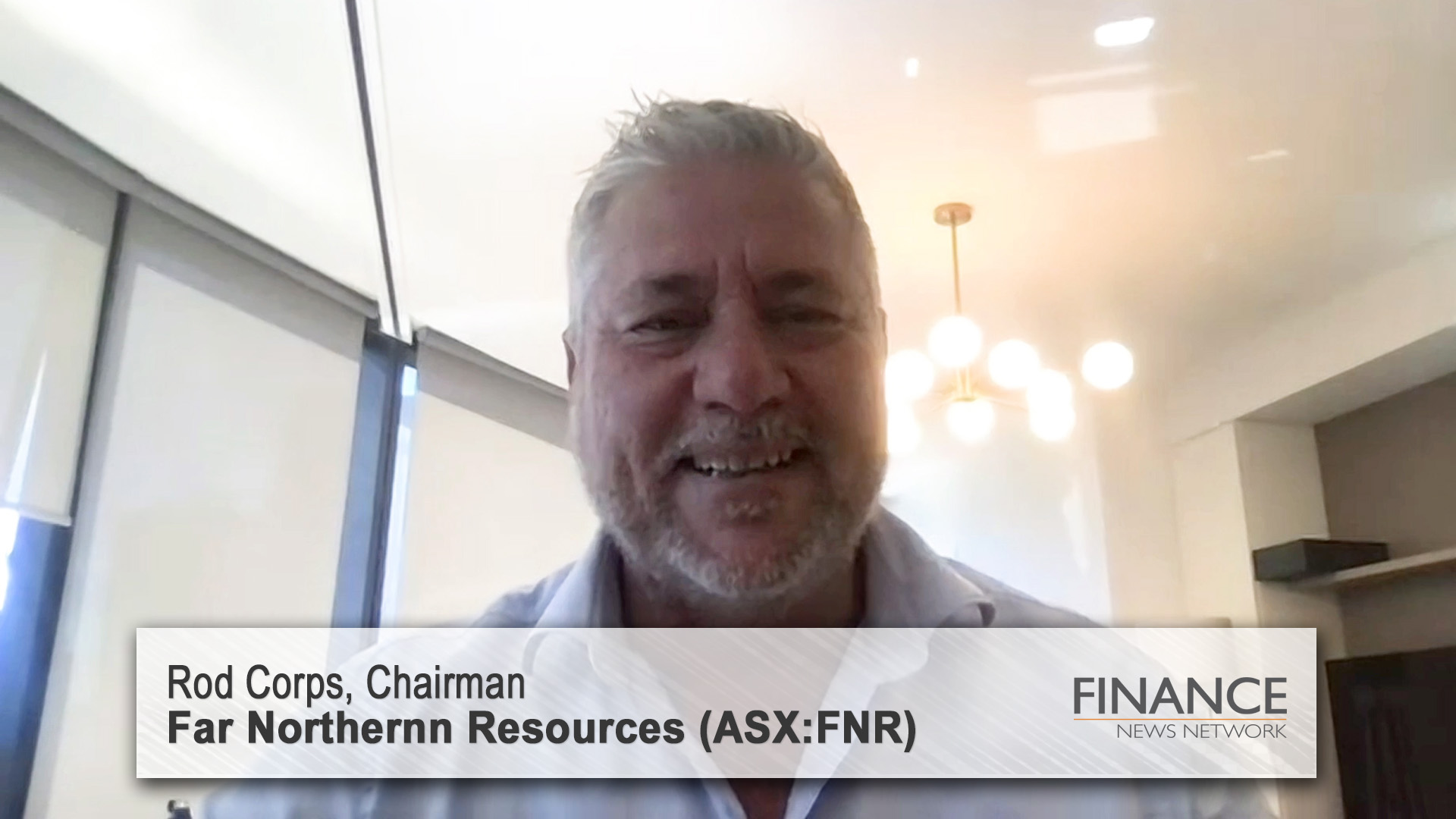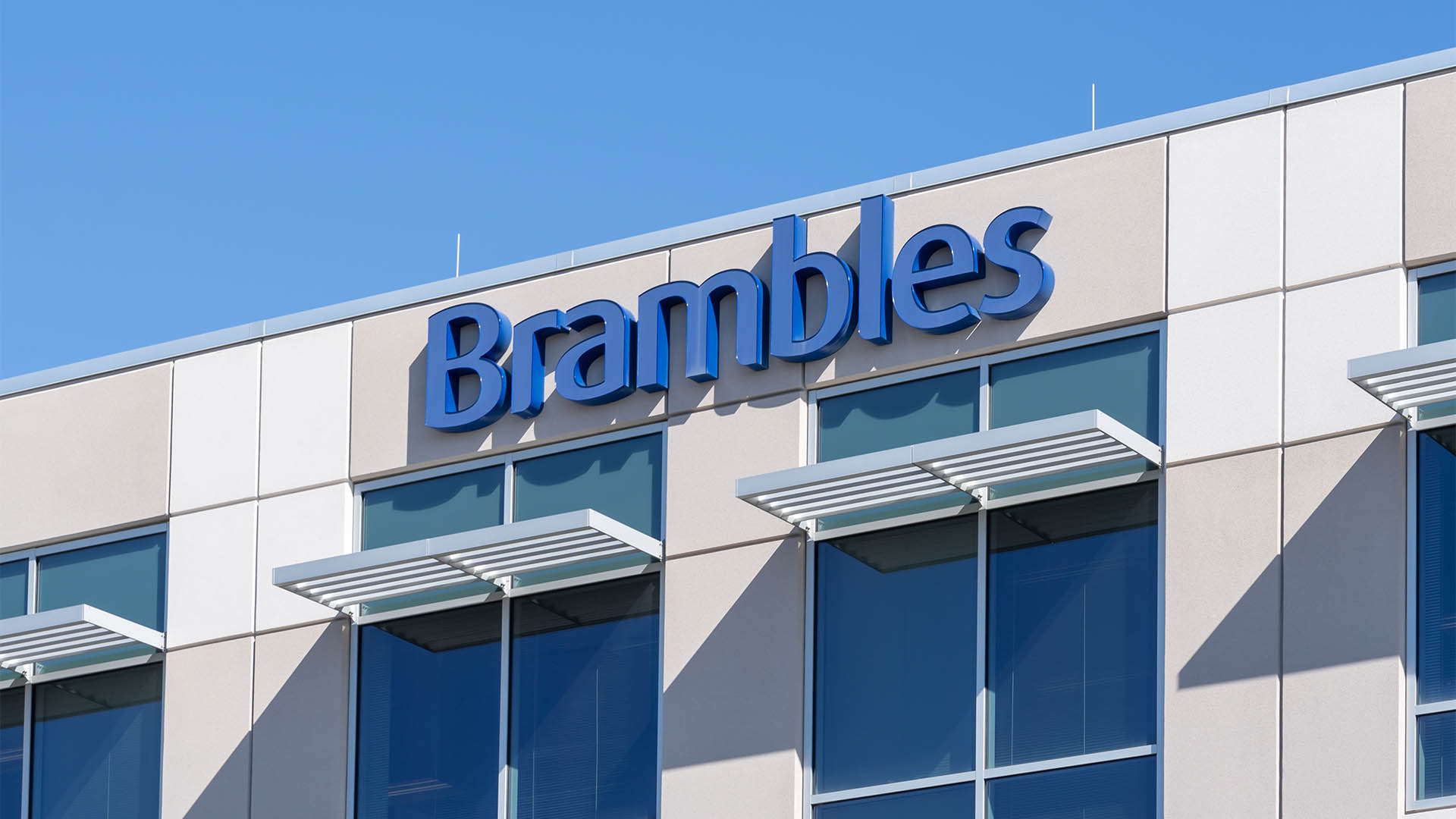Warren Buffett likes share buybacks and supports the idea was the tenor of many reports earlier this week of his comments in his annual letter to Berkshire Hathaway shareholders. But as usual many of those reports got it wrong, because they missed an important qualification Buffett added to his comments.
“Many of our investees… have been repurchasing shares, some quite aggressively. We very much like this behavior because we believe the repurchased shares have in most cases been underpriced. (Undervaluation, after all, is why we own these positions.),” the Berkshire Hathaway chairman wrote in his annual letter last weekend.
“When a company grows and outstanding shares shrink, good things happen for shareholders,” Buffett said. “Some people have come close to calling them un-American — characterising them as corporate misdeeds that divert funds needed for productive endeavours.
"That simply isn’t the case.” Critics of share buybacks claim that they prevent corporate America from investing in longer-term growth opportunities and are therefore crimping the economy. Similar comments are made here and in the UK where buybacks are also very common.
Mr Buffett rejected that argument in his letter. “Both American corporations and private investors are today awash in funds looking to be sensibly deployed. I’m not aware of any enticing project that in recent years has died for lack of capital,” he wrote.
He then went on to make a very important qualification: “.. the question of whether a repurchase action is value-enhancing or value-destroying for continuing shareholders is entirely purchase-price dependent.”
"It is puzzling, therefore, that corporate repurchase announcements almost never refer to a price above which repurchases will be eschewed. That certainly wouldn’t be the case if a management was buying an outside business. There, price would always factor into a buy-or-pass decision.
"When CEOs or boards are buying a small part of their own company, though, they all too often seem oblivious to price. Would they behave similarly if they were managing a private company with just a few owners and were evaluating the wisdom of buying out one of them? Of course not.
"It is important to remember that there are two occasions in which repurchases should not take place, even if the company’s shares are underpriced. One is when a business both needs all its available money to protect or expand its own operations and is also uncomfortable adding further debt.
"Here, the internal need for funds should take priority. This exception assumes, of course, that the business has a decent future awaiting it after the needed expenditures are made.
"The second exception, less common, materializes when a business acquisition (or some other investment opportunity) offers far greater value than do the undervalued shares of the potential repurchaser. Long ago, Berkshire itself often had to choose between these alternatives. At our present size, the issue is far less likely to arise.
"My suggestion: Before even discussing repurchases, a CEO and his or her Board should stand, join hands and in unison declare, “What is smart at one price is stupid at another.”
QBE revealed a $1 billion buyback this week which will be spread over three years and will depend on QBE’s performance, specially the investment performance on its ‘float’ (something warren Buffett knows all about) of $US25 billion.












